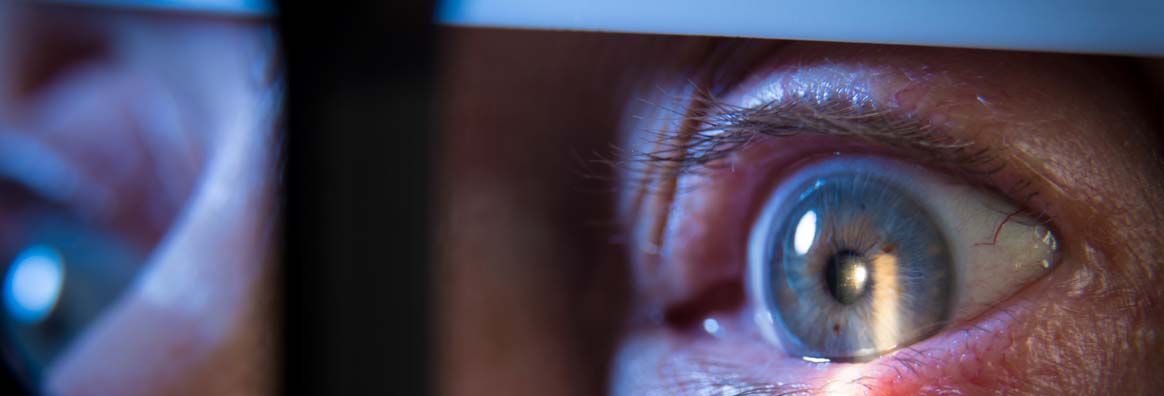We are a specialist eye emergency department (ED) and we aim to provide a first class service to people who have eye emergencies.
Please note that we are not a general ED and can only help with eye conditions
Our ED is not a "walk-in" clinic. If your eye problem is not an emergency you should see your optician or GP who will refer you to one of our specialist clinics if necessary.
ED is not for second opinions, repeat prescriptions or non-urgent problems such as dry eyes, itchy eyes, hay fever and cataracts.
If you need a repeat prescription please see your GP. We are unable to issue repeat prescriptions at ED.
Sunderland Eye Infirmary Emergency Department (ED) is part of the Ophthalmology department.
The ED of the Sunderland Eye Infirmary provides emergency ophthalmic services 24/7 for approximately 33,000+ patients per year both adults and children. These include trauma and non-trauma patients. All patients will be triaged on presentation. Patients will be seen by either an experienced ophthalmic nurse practitioner for further assessment and treatment. We provide care for the population of Sunderland and the surrounding districts of North Durham, Hartlepool and South Tyneside. Non-emergency eye care can be provided by other services which are explained below.
Sunderland Eye Infirmary
Queen Alexandra Road
Sunderland
SR2 9HP
0191 5699951
The Eye ED is located on the ground floor and can be accessed via the main door marked ‘Accident and Emergency’ from 7am - 8pm. Overnight all doors are locked for security but ED can be accessed by pressing the bell located next to Main Entrance – Outpatients B, the porters will open the door for you.
Sunderland Eye Infirmary 0191 5699951
Why do I have to wait?
Many people use the services of ED at the Eye Infirmary and after triage patients are seen in order of priority by nurse practitioners and doctors. Some of the more complex cases can take a lot of time to assess.There is an experienced nurse monitoring the waiting times and taking steps to reduce them if they become very lengthy.
After 5pm and weekends the nursing staff dispense all medication for the patients to take home, so this can add to the wait.
We aim to see and treat everyone within four hours but this is not always possible and staff will advise if the wait is likely to be longer
What should I bring if I need to come to the Eye ED?
You should bring the medicines that you take, including medicines you buy over the counter.If you have a recent prescription, please bring that too.This helps us to know what you are taking and whether it causes problems with any treatment we might suggest.
It may be necessary to dilate your pupils with drops for examination, you will be unable to drive for 4-6 hours in this case, please organise transport to bring you to the Eye ED
Out of hours
Although ED at the Eye Infirmary is open 24 hours, many of the other services at the Eye Infirmary are only available Monday –Friday, this means that ED cannot access those services out of hours, they include:-
- Photography
- Orthoptic Assessment
- Optometry
- Pharmacy for repeat prescriptions
- Certain Blood tests
If you need any of these services arrangements will be made to have them as soon as possible
If you require Urgent CT or MRI scan you would need to be transferred to Sunderland Royal Hospital


